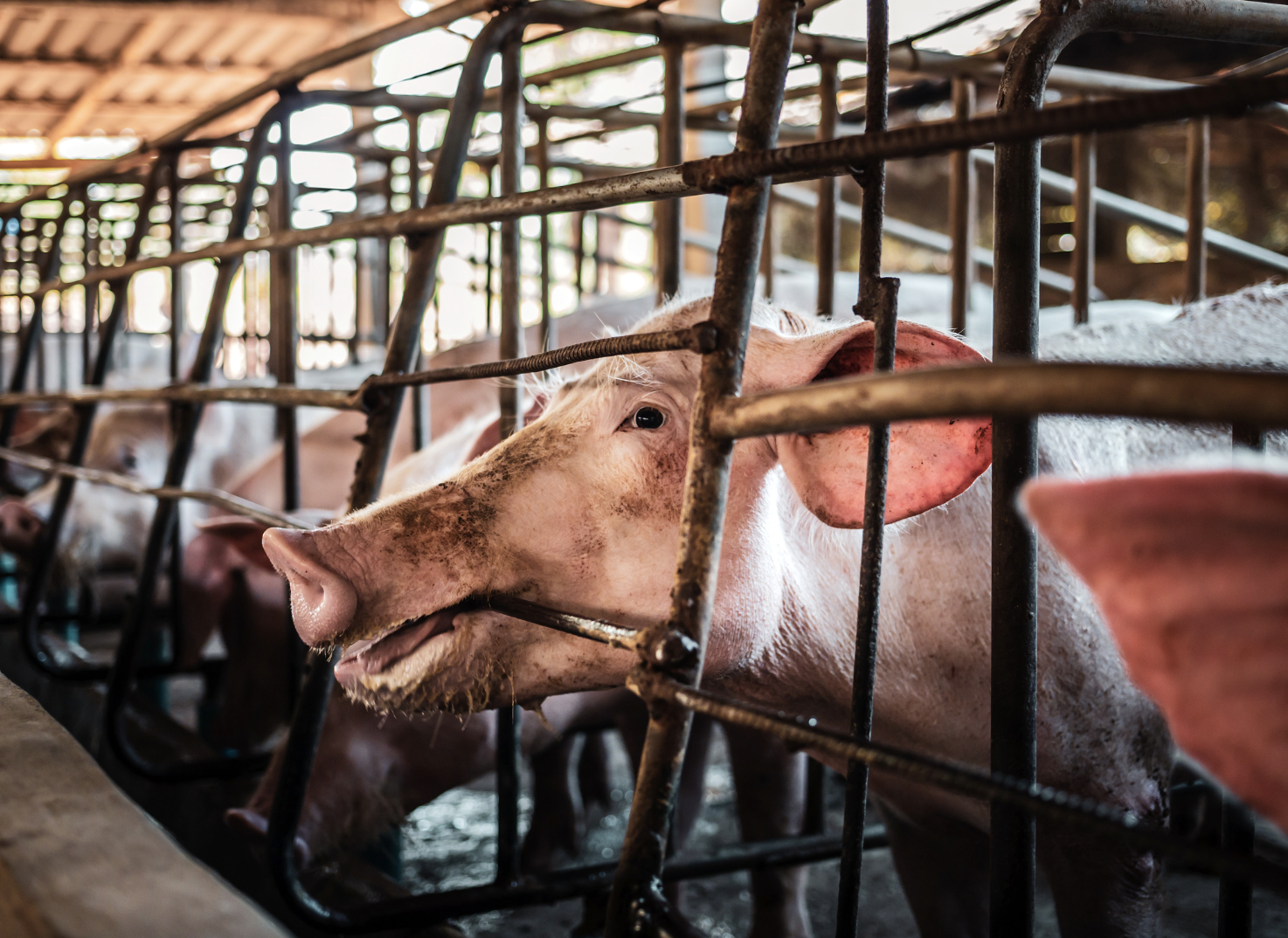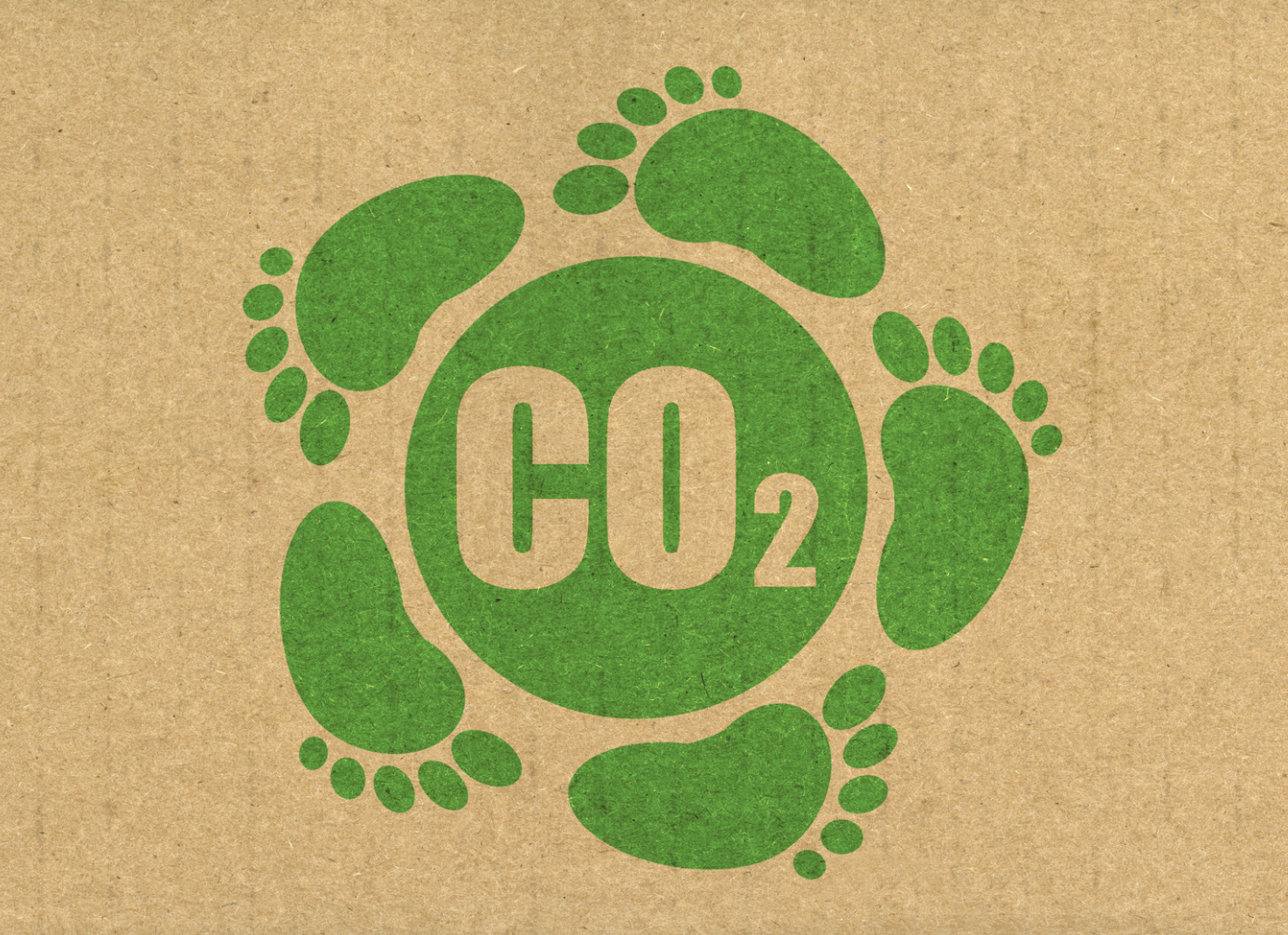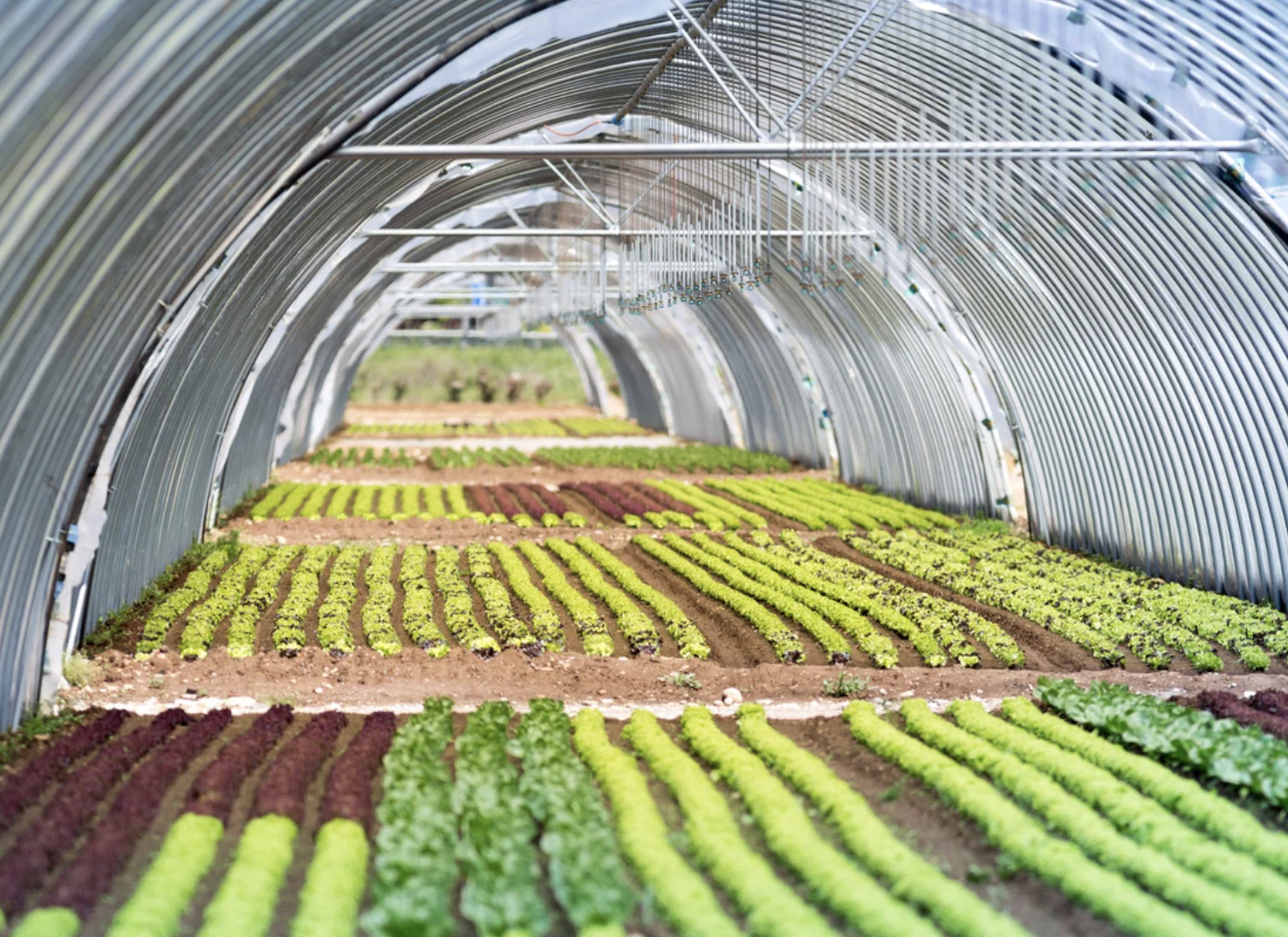
In recent years, plant-based diets have become central to discussions around environmental sustainability, animal welfare, and ethical consumerism. The shift away from animal agriculture to plant-based food choices has profound implications not only for individual health and ethical considerations but also for the sustainability of our planet. This article explores the interconnected impacts of plant-based diets on animal welfare, carbon emissions, and the agricultural sector’s sustainability.
Animal Welfare: Ethical Choices in a Globalized Food System

For many, adopting a plant-based diet stems from ethical concerns about animal welfare. Industrialized farming, also known as factory farming, houses the vast majority of livestock in high-density, confined environments. Over 70 billion animals are raised for food each year, with conditions that often restrict movement, prevent natural behaviors, and result in significant stress and suffering. The push toward plant-based eating mitigates these practices by reducing the demand for animal products, thus helping curb the reliance on intensive livestock farming.
The rise of plant-based diets and associated food products—such as plant-based meats and dairy alternatives—reflects growing consumer demand for more humane treatment of animals. Research from Oxford University has shown that reducing or eliminating animal products from one’s diet can be a powerful way to support animal welfare while also addressing broader ethical issues related to how animals are treated in the food system.
Carbon Footprints: Environmental Impact of Animal Agriculture

The environmental benefits of a plant-based diet extend beyond animal welfare and touch on the critical issue of greenhouse gas emissions. Animal agriculture is a significant contributor to global greenhouse gas emissions, accounting for approximately 14.5% of human-induced emissions, according to the Food and Agriculture Organization (FAO). This contribution comes from various sources, including methane emissions from enteric fermentation in livestock, deforestation for grazing and feed crops, and the energy-intensive processes involved in animal farming.
Studies suggest that plant-based diets could reduce an individual’s food-related carbon footprint by up to 73%, significantly lessening the impact on climate change. By shifting dietary patterns, there is an opportunity to reduce emissions from agriculture and relieve some of the pressure on natural resources. For instance, producing one kilogram of beef requires roughly 15,000 liters of water, while producing the same amount of plant protein requires far less—helping conserve water and reduce greenhouse gas emissions.
Agricultural Sustainability: Rethinking Food Production

Transitioning toward plant-based diets also brings critical benefits for agricultural sustainability. Industrial animal agriculture often requires significant amounts of land and water, as well as vast quantities of crops to feed livestock. The land currently dedicated to raising and feeding livestock could be repurposed for growing crops for direct human consumption, which requires less input and is more efficient.
Land use is a particularly pressing issue as global food demand increases and climate change intensifies. Livestock production is one of the leading drivers of deforestation, particularly in tropical regions where forests are cleared for cattle grazing and soybean production. Soybeans, however, are primarily grown for livestock feed, rather than for direct human consumption. Shifting toward plant-based foods could alleviate deforestation pressures, allowing these areas to serve as carbon sinks rather than sources of emissions.
Sustainable agricultural practices, including regenerative farming and crop rotation, can also play a role in supporting plant-based diets. These practices improve soil health and biodiversity, helping to create a more resilient agricultural system. The shift to plant-based agriculture offers a pathway to more sustainable food systems, enhancing the resilience of global food supplies in the face of environmental challenges.
Social and Economic Considerations

As plant-based diets grow in popularity, they are reshaping the food industry. Plant-based meat alternatives, dairy substitutes, and protein-rich foods like legumes and grains are becoming more accessible, allowing consumers more choices that align with their ethical and environmental values. This shift has significant economic implications, creating new opportunities within the agricultural and food production sectors.
However, it’s essential to recognize the challenges faced by communities reliant on livestock farming. Support for transitioning farmers, investment in alternative crops, and initiatives for sustainable plant-based protein sources are crucial for a just transition. Policies that facilitate this change can also help address environmental goals without marginalizing those who depend on animal agriculture for their livelihoods.
Why the Plant-Based Movement Matters

The ethics of plant-based diets extend beyond personal choices; they reflect a growing recognition of the interconnectedness of health, environmental sustainability, and animal welfare. By reducing reliance on animal agriculture, society can make strides toward reducing greenhouse gas emissions, conserving water and land resources, and protecting animal welfare. In the face of climate change and biodiversity loss, plant-based diets offer a practical, impactful way to contribute to global sustainability efforts.
The benefits of plant-based eating underscore the need for broader awareness, supportive policy, and industry innovation to facilitate meaningful change. As this movement grows, it highlights a pathway toward a more sustainable and ethical food system, one that respects the environment, conserves resources, and values the welfare of all creatures.
Sources:
- FAO. (2020). Livestock and Climate Change.
- GFI. (2023). State of the Industry Report. Good Food Institute.
- UN Environment Programme. (2022). Methane and Climate Change.
- Poore, J. & Nemecek, T. (2018). Reducing Food’s Environmental Impacts through Producers and Consumers. Science, 360(6392), 987-992.
- FAO. (2021). Land Use and Sustainable Food Production.




